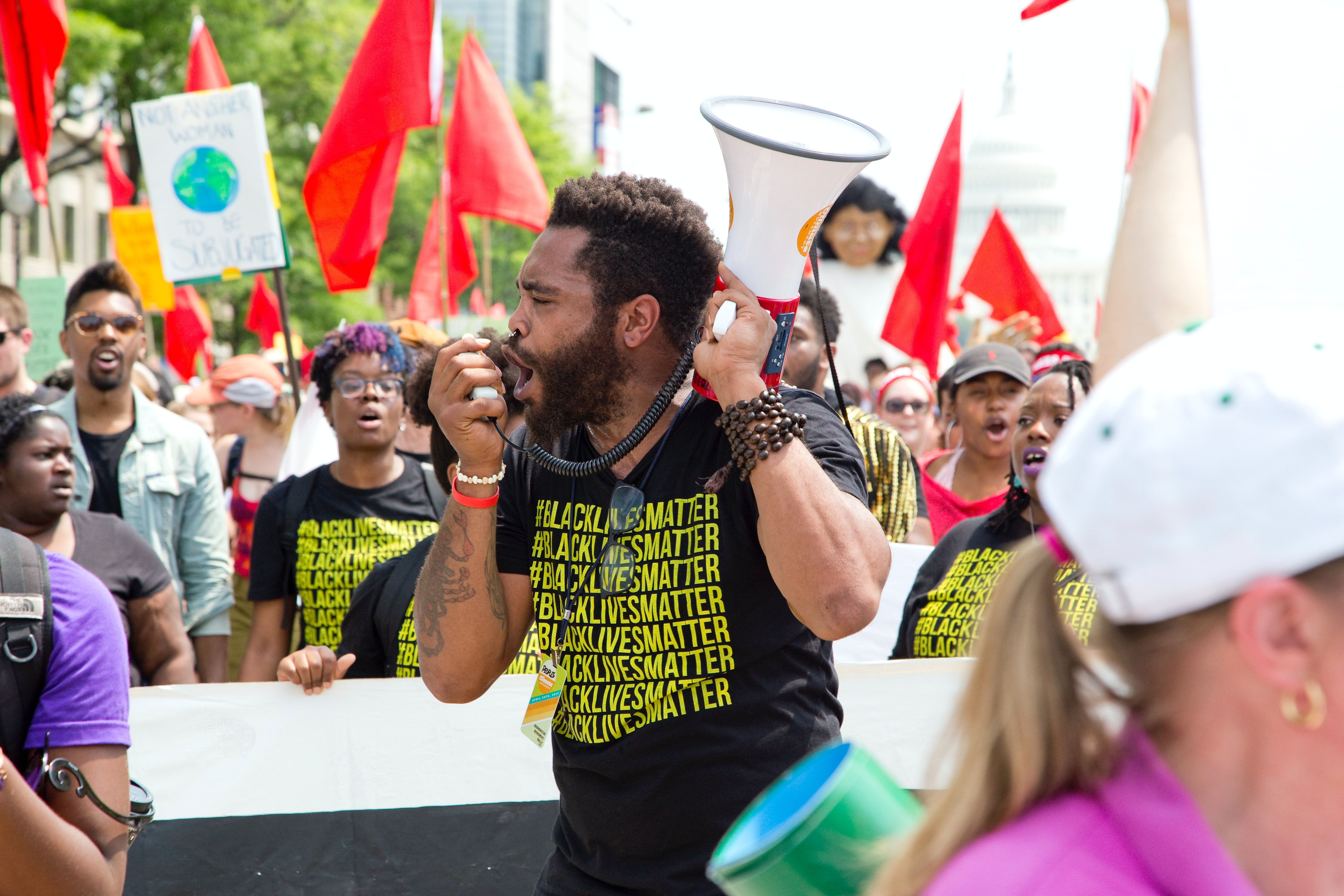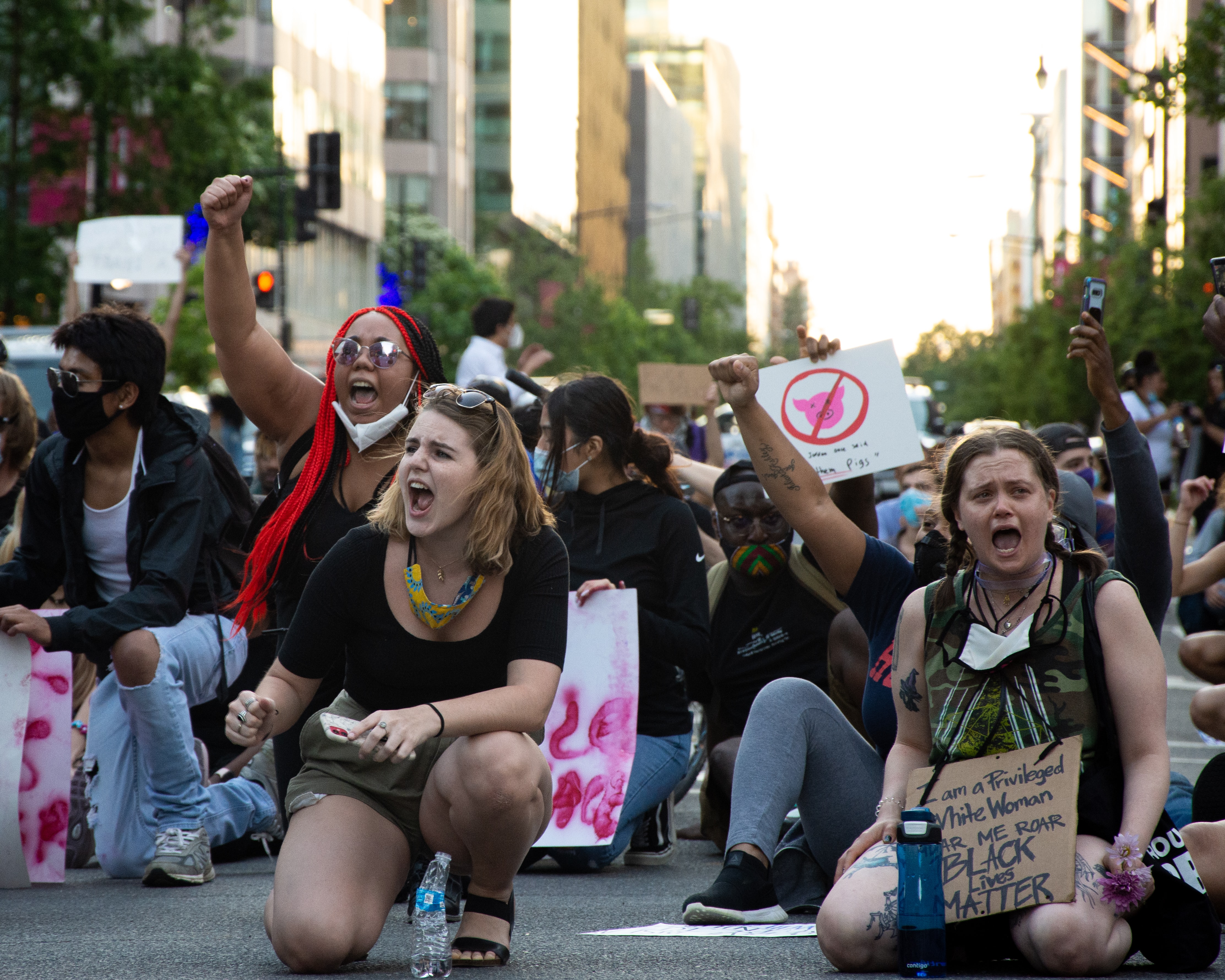Unboxing the Default Setting of Racism
Most of us can relate to the excitement of getting a new gadget (phone, tablet, smart speaker, etc.) and taking it out of the box. We’ve all smiled at the smell of a new piece of technology that will make our lives better, liberate us from some menial task, or allow us to pursue some form of happiness.
However, after turning the device on, we soon realize that the default settings determined by the manufacturer don’t align with how we want to use the device. We assume that the manufacturer had good reasons for shipping the product with these default settings, but they don’t align with our expectations.
I’ve been Black in America for my entire life, and I’ve done a lot of inclusion and diversity work. I wrote a talk called Lending Privilege which is a call for everyone to create a system of justice by lending their privilege, specifically, their racial privilege. I’ve logged thousands of miles giving this talk across three continents and in numerous countries.
I’ve been involved in many conversations about racism, and one thing that continues to be missed is the fact that racism is the default setting of America. I see this when people argue that we should just stop talking about race or even suggest that talking about racism is racism.
Anti-Blackness from the Cradle to the Casket
The United States of America was built on the backs of millions of Black people who were forced to work for free for centuries. The abolition of legalized slavery in 1865 did nothing to undo the immense mental and physical damage done to Black Americans for generations. In fact, the enactment of Jim Crow laws, the enforcement of racial segregation laws, and the terrorism of white supremacist groups like the KKK kept Black Americans in a new form of servitude. This new form of slavery was made of social partitions and shocking levels of racial hatred instead of plantations and shackles.
The devastating pain dealt by the United States against its Black citizens isn’t a matter of ancient history. I have an electrical engineering degree from the University of Texas at Austin and an MBA from Texas A&M University. When my parents were born in 1947, neither of these academic institutions admitted Black students.
Given the truth of American history, it’s no wonder that racism continues to plague every part of Black American life. Here are just a few examples: Black Women have the highest maternal mortality rate, teachers are more likely to expect problems from Black children in pre-school-especially Black boys, in schools where corporal punishment is allowed, Black students are more likely than white students to be hit, Black people are charged more for car insurance insurance, Black people are more likely to be killed in police chases than white people, Black judges have their rulings overturned more than white judges, Black people receive less anesthesia from doctors, cities rely more on fines if they have Black residents, and resumes with Black sounding names are less likely to get called for an interview than resumes with white names.
Racism pervades every aspect of the lives of Black Americans from how we’re born to how we die. I’m not arguing that every problem that plagues Black America is due to racism. We’ve made progress, and racism isn’t everywhere. However, every Black American has to live every day knowing that racism could be anywhere. And, it’s often fatal.
So, when people argue that we should stop resisting racism, they are arguing that we let the default setting of racism continue to govern life in America.
A Lost Cause Worth Saving
I’ve come to realize that racism will always be a problem. But, it’s one of many unsolvable problems into which people are still willing to pour enormous amounts of time and energy. Crime will always be a problem, but we still fight crime. Sickness will always be a problem, but we still fight illness. Poverty will always be a problem, but we still try to help the poor. Racism is also a cause worth fighting for, not to end it, but to limit it.
You may have read this far and remain unconvinced that action is needed to fight racism. You’re still thinking that racism doesn’t exist, or that Black people are to blame for their problems, or that we should just stop wasting time on racism. Well, you’re either someone who wants to believe something despite evidence to the contrary or you’re open to being convinced if provided with more information. To the former, I say, “Thanks, but you can stop reading now”. To the latter, this Anti-Racist Resource Guide created by Victoria Alexander is one of the best collections of Anti-Racist concepts and educational resources I’ve found. I recommend reading it several times.
Fixing America’s Broken Promise
Racism is not only the default setting of America. It’s also a default on the promise of America. Most of us were taught that America was founded on the ideas of liberty and freedom. Few of us learned that the founders themselves denied liberty to the Black Americans who worked their farms, cleaned their homes, and provided enormous amounts of free labor. These Black Americans lived every day of their lives knowing that their children would do the same.
Throughout the history of America, Anti-Racists have called America out on the debt it owes to its founding ideals. This required resistance and insistence. The institutions that were built and sustained by racism had to be resisted through outrage, protest, and civil disobedience. Anti-Racists also had to insist that the individual acts of racism that play out in daily interactions had to end. This work has been hard, but the result has been a country bent closer to its ideals.
However, justice is still broken in America. George Floyd is just one name in a long list of unarmed Black Americans who have been killed by the police. In addition to criminal reform, we need reform in education, healthcare, employment, and all levels of government policy. If we want to reconfigure America so that racism is no longer the default setting, then it will take more Anti-racists dedicated to creating a system of justice.
I’m an Anti-Racist, and I hope you’ll become an Anti-Racist, too.



